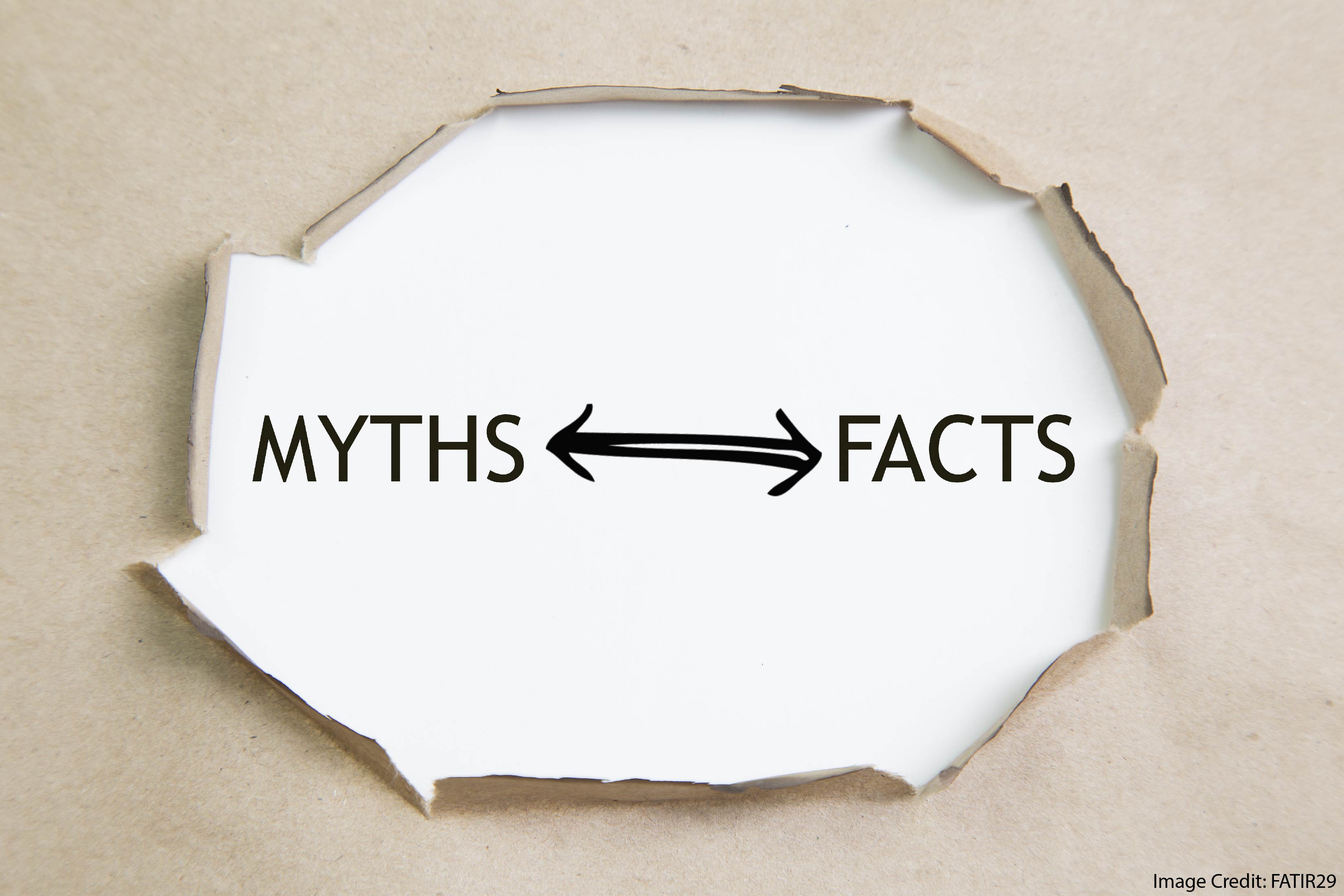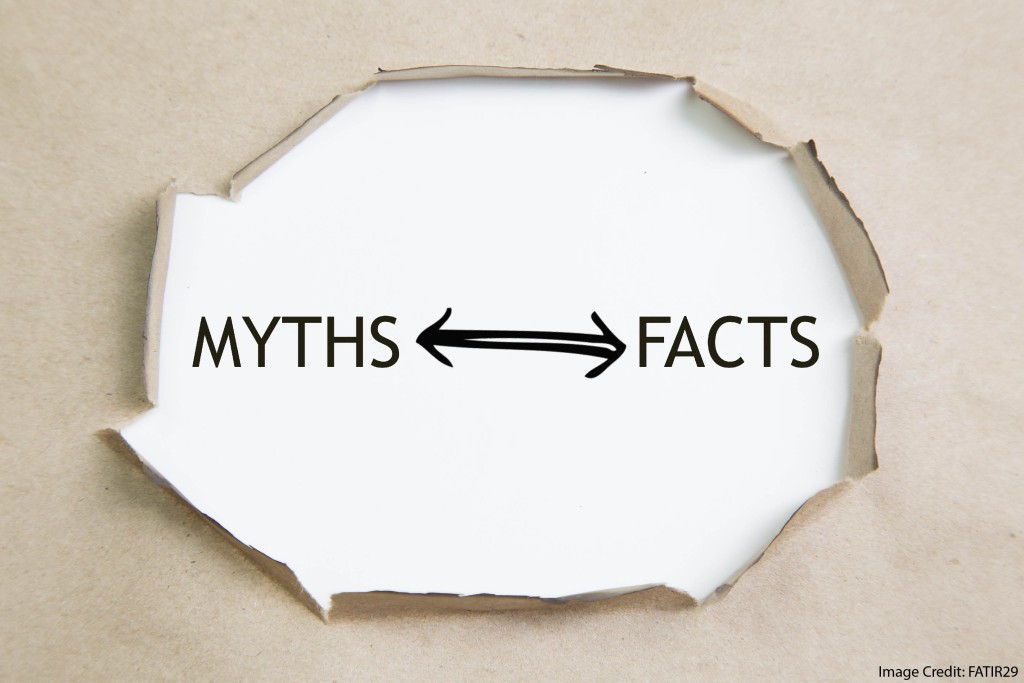
Does neuroscience education help reduce a teacher’s belief in neuromyths?
According to this recent study: not as much as we would like.
In some cases, neuroscience education does help teachers.
For instance, 59% of the general public falsely believe that listening to classical music increases reasoning ability. That number is 55% for teachers, but drops to 43% for teachers who have had neuroscience training.
Similarly, teachers with knowledge of neuroscience are less likely to embrace a “left-brained vs. right-brained” understanding of learning than teachers without. (See video here.)
However, neuromyths about learning styles and about dyslexia persist–even among teachers with neuroscience education.
Among the general population, 93% of people incorrectly believe that “individuals learn better when they receive information in their preferred learning style.” That number falls to 76% among teachers–but is almost identical (78%) for teachers who know from neuroscience.
And: teachers who have studied neuroscience believe that writing letters backwards is a sign of dyslexia at almost the same rate as those who haven’t.
The Big Question
Studies like these lead me to this question: why are some neuromyths so sticky? Why do so many of us teachers believe in, say, learning styles theory despite all the scientific evidence to the contrary?
Why does this belief persist even among those–like we who attend Learning and the Brain conferences–who have placed science at the center of our professional development?
I welcome all thoughts on this question…






